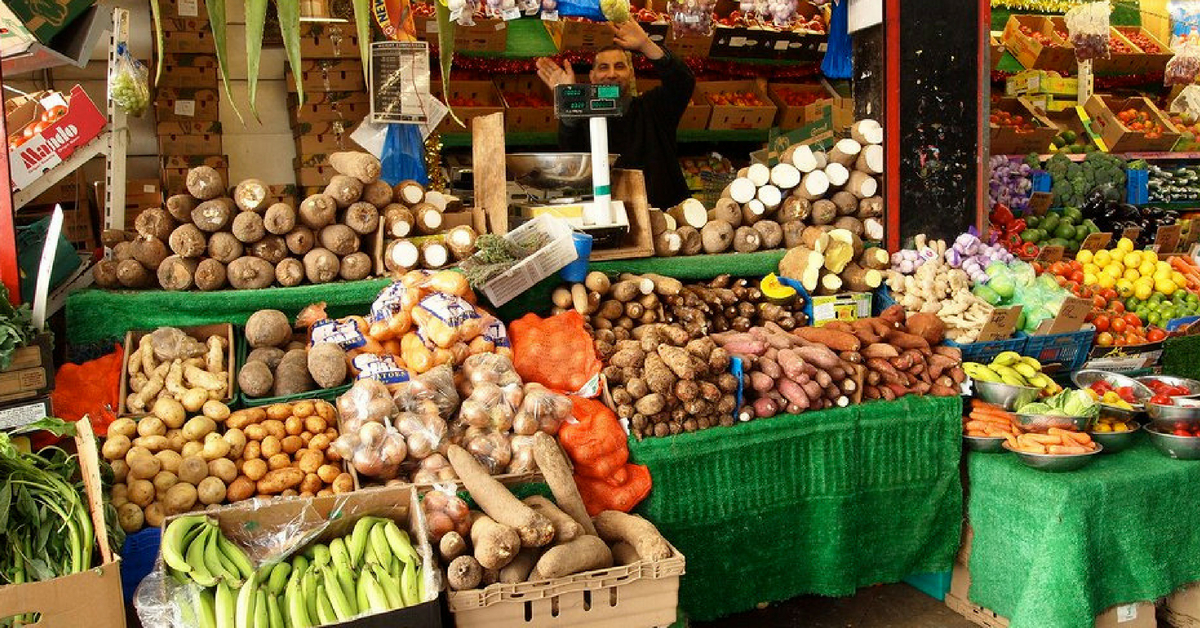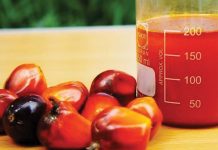The Federal Government budgeted roughly N874.83 billion for the Federal Ministry of Agriculture and Rural Development from 2016 to 2021, whereas agricultural imports into Nigeria were projected at N7.81 trillion over the same time, according to findings.
The biggest agricultural imports into the nation throughout the time under review were reported in 2021, with items worth N2.74 trillion imported last year. In contrast, the fewest imports within the same period were reported in 2016. Nigeria’s agricultural imports were valued at N656.4 billion in 2016.
Agribusiness operators scowled at the situation, citing a variety of reasons for the enormous imports when compared to what was planned and frequently not completely revealed.
Data from the 2016 to 2021 budgets for the ministry indicated that the government budgeted about N874.83bn for the ministry to drive the country’s agricultural sector during the six years.
Data from 24 separate quarterly reports acquired from the National Bureau of Statistics on ‘Foreign Trade in Commodities Statistics’ detailing total imports of agricultural goods into Nigeria revealed that N7.81tn was spent on food imports, according to our reporter.
An examination of the agricultural ministry’s finances revealed that in 2016, the ministry received N46.17 billion for capital projects and N29.63 billion for recurring expenses, for a total of N75.8 billion.
Its capital project budget in 2017 was N103.79 billion, while the ministry’s total capital (N118.98 billion) and recurrent (N53.81 billion) budgets in 2018 were N172.79 billion.
The FMARD’s capital and recurrent budgets in 2019 were N107.21 billion and N57.68 billion, respectively, for a total of N164.89 billion. Its 2020 capital budget was N124.4bn with a recurrent budget of N58.69bn, making it a total of N183.1bn.
The ministry’s 2021 capital budget was N110.24bn. It got N69.22bn for recurrent expenses, bringing its total budget for last year to N174.46bn.
Meanwhile, data from the Foreign Trade in Goods Statistics of the NBS on total imports of agricultural goods imported into the country last year was N2.74tn.
Figures from the bureau’s quarterly reports showed that in the fourth, third, second and first quarters of 2021, the agricultural goods imports were N667.16bn, N789.1bn, N652.08bn and N630.2bn respectively.
Food or agricultural imports in 2020 gulped N1.713tn, as the country spent N532.4bn, N503.4bn, N415.6bn and N261.4bn importing agricultural goods in Q4, Q3, Q2 and Q1 respectively in 2022.
A total of N959.48bn was spent on agro-commodities imports in 2019, with N233.3bn spent in Q4, N239.9bn in Q3, and N249.95bn in Q2 and N236.33bn in Q1.
For 2018, agricultural goods imports consumed N851.7bn. The amounts spent on imports in the fourth, third, second and first quarters were N218.8bn, N224.3bn, N224.5bn and N184.4bn respectively.
The NBS put the total amount of agricultural goods imported into Nigeria in 2017 at N886.7bn. It stated this in its fourth quarter report for 2017.
The Q4 2017 report also revealed the total amount of agricultural goods that were imported into the country in the preceding year of 2016 was put at N656.4bn.
It was observed in the various quarterly reports that the major agricultural goods imported into Nigeria included Durum wheat, crude palm oil, and palm olein, among others.
Operators in the sector decried the huge imports of agricultural products into Nigeria, attributing this to the myriad of challenges in the sector.
The National President, of All Farmers Association of Nigeria, Kabir Ibrahim, told our correspondent that the drop in exports and huge imports were due to reduced productivity in Nigeria.
He said the lack of agro-inputs and insecurity were also major constraints confronting the industry and its operators in Nigeria.
He said, “Our productivity has gone down now, which means that the quantity available to export has gone down and as such we have to rely on imports to meet local demand. This is worrisome to not just farmers but every genuine stakeholder in the agricultural industry in this country.”













